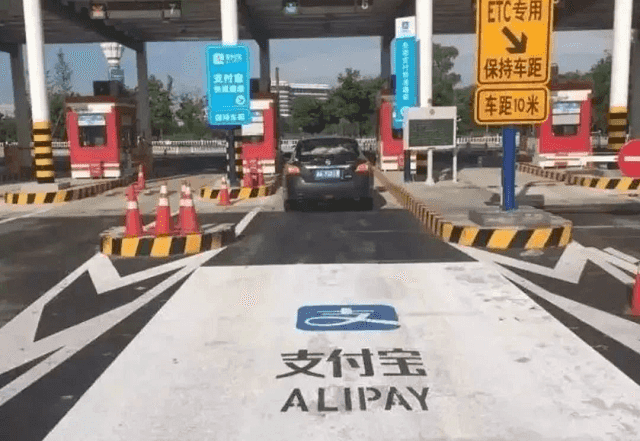
Alipay shared a study on the spending habits of Chinese visitors on the payment app over the Labour Day holiday (1–3 May) this year. The number of Chinese visitors in Singapore over the Labour Day holiday period almost doubled from last year.
In addition, the average Chinese traveler spent SGD 325 (RMB 1,611) in Singapore during the Labour Day holiday – higher than in any of the other SEA countries, and a 13% increase from the same period last year according to Alipay.
Key Singapore-specific findings reveal:
- Grocery and fresh food supermarkets, followed by department stores and fashion brands saw the highest growth among Chinese visitors during this period
- The most popular merchants in Singapore were taxis (in-street and via taxi-hailing apps), airport merchants and resort merchants
General findings from the study reveal:
- Average overseas spending per user on Alipay increased by nearly 11% to RMB 1,790 (SGD 361)
- Spending was highest in Europe, the Middle East and North Asia
- In terms of the number of transactions, Thailand was the second-most popular destination for Chinese tourists
- Malaysia and Singapore ranked seventh and ninth in terms of the number of transactions
Demographic findings
Chinese seniors are an up-and-coming tourism trend – transactions made by those born in the 1940s and 50s more than doubled, with average spending per user in this age group jumping to RMB 1,622 (SGD 327).
About 65% who used Alipay overseas during the Labour Day holiday were female. Transactions made by those born in the 2000s increased eight-fold, on average to RMB 506 (SGD 102) during the same period.
In Southeast Asia, tens of thousands of merchants already accept Alipay as a payment platform for Chinese tourists. An earlier joint study from research firm, Nielsen and Alipay found that more than 90% of Chinese tourists would use mobile payment to pay overseas if given the opportunity.
Alipay has been working with various government bodies, financial institutions and businesses in Southeast Asian countries to further enhance guest experiences and enable seamless access to tourism attractions for Chinese visitors.